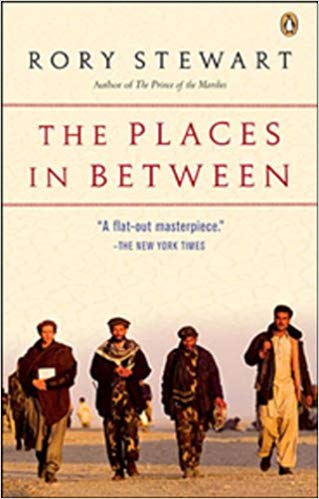
In reading a contemporary autopsy of America’s involvement in Afghanistan, I came across a startling figure: $133 billion – the total amount of money Washington has spent on reconstruction and aid since the commencement of Operation Enduring Freedom in 2001. As the article explained, to my astonishment, that figure, adjusted for inflation, exceeds the entire sum given by the United States to Europe under the Marshall Plan, to help reconstruct the continent after the devastation of World War II. What have we purchased with so exorbitant a sum? Neither a lasting peace nor economic prosperity; rather, we have yoked ourselves to a peacekeeping role we cannot and will not play indefinitely. Other boondoggles brought to light by the above-mentioned exposé include health clinics that existed only on paper, half-completed public parks, and an expensive plan to bring electricity to Kandahar, despite a near-total lack of infrastructure or native expertise needed to make use of it. Pressed to offer an explanation for this incredible waste and mismanagement, the interviewees – aid workers, military personnel and civilian contractors – again and again cite a total ignorance of Afghanistan, its culture and its people. Our hubris, at every step of our involvement, was almost total.
Perhaps that explains the appeal of Rory Stewart, who at 27 years old, with a mastery of a handful of East Asian languages, undertook a solo walk across Afghanistan in 2002, mere weeks after the defeat of the Taliban. In 36 days, across deserts and snow-covered peaks, he walked from Herat, in the country’s eastern territories, to Kabul, in the west, carrying only a walking stick, a camera and a limited amount of money, to purchase food or repay a kindness. In that short time period, he managed to learn more about Afghanistan and its culture than the entire United States military seems to have learned in over a decade of occupation. What emerges from his writings is not the portrait of a country unified under a single culture, but a collection of tribes, most of them hopelessly hostile to one another, bound together by a common religion but nonetheless suspicious of one another and even more suspicious of foreign interference. The men Stewart interacts with are frequently illiterate, their horizons limited by the two or three villages closest to their place of birth, with whom they trade; the women, when they are seen at all, are confined to the domestic sphere, and rarely venture beyond their own homes or villages – let alone to the villages of other tribes. Again and again he is told that the walk he is undertaking would be fatal for a native of Afghanistan, but that, because he is a guest, Islamic custom dictates that he is owed protection and shelter everywhere he visits. Most people, in most places, abide by these precepts, opening their modest homes and sharing their meagre food supplies with him, a total stranger, though there are also a few close calls, from which he is lucky to escape with his life.
One incongruous chapter, “@afghangov.org,” departs from the narrative structure to recount some of Stewart’s impressions of the international effort to rebuild Afghanistan, and the men and women charged with this monumental task. It is not a flattering portrait, though not because these people are secretly malicious or self-interested. Rather, they come from a background that renders them utterly blind to the very country they’re purporting to help.
They worked twelve- or fourteen-hour days drafting documents for heavily funded initiatives on “democratization,” “enhancing capacity,” “gender,” “sustainable development,” “skills training,” or “protection issues.” They were mostly in their late twenties or early thirties, with at least two degrees – often in international law, economics, or development. They came from middle-class backgrounds in Western countries, and in the evenings, they dined with each other and swapped anecdotes about corruption in the government and the incompetence of the United Nations. They rarely drove their SUVs outside Kabul because their security advisers forbade it.
Some, indeed, had bothered to learn something about the country they were now living and working in, but “they were barely fifty out of many thousands,” and “most of the policy makers knew next to nothing about the villages where 90 percent of the Afghan population lived.” One head of an NGO condescendingly remarks that the entire population of the country is “suffering from post-traumatic stress disorder.” The stated goal of the United Nations Assistance Mission was “the creation of a centralized, broad-based, multiethnic government committed to democracy, human rights, and the rule of law,” but a walk across Afghanistan reveals to Rory Stewart how empty these words are for the vast majority of Afghanis, who identify first and foremost with their religion and their tribe, and do not share or value our Western conception of democracy, human rights, or the rule of (man-made) law. Stewart’s terse summary of the central problem facing this international effort at nation building bears repeating: “Without the time, imagination, and persistence needed to understand Afghans’ diverse experiences, policy makers would find it impossible to change Afghan society in the way they wished to change it.” Nearly two decades and untold billions of dollars have not changed that fact, and will not.